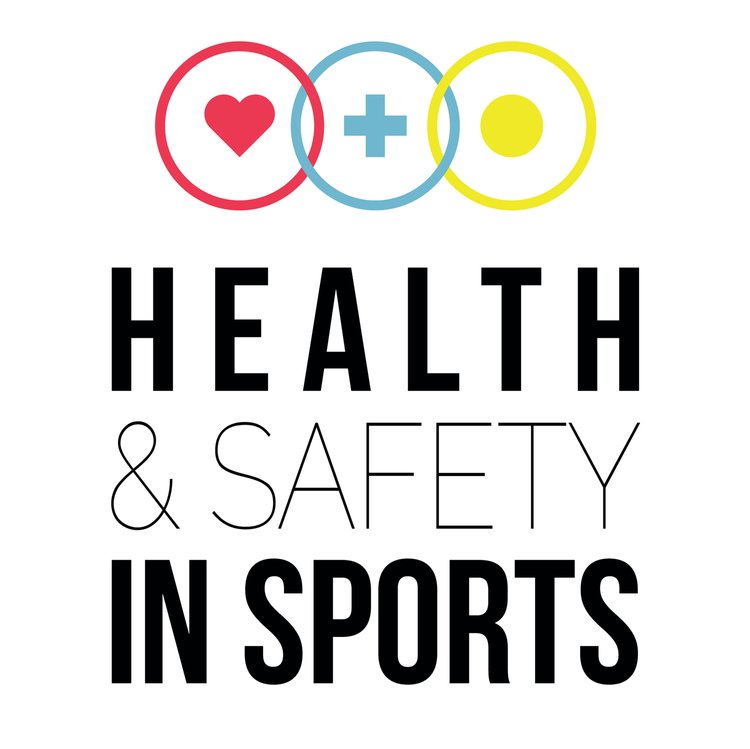This study just appeared online in the renowned British Journal of Sports Medicine. In this study, Evert Verhagen and Caroline Bolling collaborated with our Australian, South African and Canadian IOC Research Centres colleagues. This study explored the policy and practice impact of the IOC Consensus Statements on athlete health and medical team management in two economically and contextually diverse countries.
Background
Through its Medical and Scientific Commission, the International Olympic Committee (IOC) aims to guide sports organisations in protecting athlete health. One strategy adopted by the Commission has been to support the development and dissemination of sports medicine consensus statements (IOC Statements). Between 2003 and 2018, 27 IOC Statements were published, covering a wide range of topics from the use of platelet-rich plasma to concussion management to youth athletic development.
The development of consensus and guideline documents to support clinical sport and exercise medicine practice, such as those developed by the IOC, requires substantial time, resources and contributions from recognised experts. These Statements are well-cited resources in the peer-review literature, particularly by authors from the USA, Canada, Australia, the UK and Western Europe. However, before further investment in developing and disseminating such resources, it is imperative to understand whether they provide actual useful guidance for protecting athlete health that can be actioned by targeting all sports settings, organisations and practitioners.
Methods
A qualitative case study design was adopted. Fourteen face-to-face interviews were conducted with purposively selected interviewees, seven participants from Australia (higher economic equality) and seven from South Africa (lower economic equality), representing their national medical commissions (doctors and physiotherapists of Olympic, Paralympic and Youth teams). A framework method was used to analyse interview transcripts and identify key themes.
Key findings
Differences across resource settings were found, particularly in the IOC Statements' perceived usefulness and accessibility. This implies that different contexts require different resources, levels of support and dissemination approaches.
Both settings were unsure about the IOC Statements' purpose and intended audience. However, both valued
the existence of evidence-informed guidelines. Yet, to reach their goal of athlete health protection, the Statements must be perceived as useful, relevant and accessible to intended target audiences.Challenges were described as a lack of clear audience, purpose, and timeliness as evidence is rapidly outdated. In the Australian setting, there was less reliance on the resources developed by the IOC, preferring to use locally contextualised documents that are readily available. It was also not always possible for the Statement recommendations to be applied due to limited resources and structures for providing the best evidence-based healthcare.
Positives of the IOC Statements were seen in the association of the Olympic brand, with an assumption that the consensus statements are the pinnacle of knowledge underpinned by the best expertise.
Summary of themes and subthemes identified from interviews. IOC, International Olympic Committee.
Conclusions
Despite gaps in awareness, and a lack of clarity on purpose and intended audience, participants reported the IOC Statements had value for ‘levelling the playing field’ in terms of knowledge (especially in low-resource settings) and in providing reassurance for management of complex or contentious issues (for all settings). There remains a considerable opportunity to improve the IOC Statements through greater integration of end-user perspectives and the diversity of contexts they represent.
Authorship teams of future Statements should first agree on the statement's specific purpose and intended target audience.
Topical and contentious issues with clear guidance and accompanying clinical decision-making tools were most valued.
Strategies for dissemination in multiple formats and uniformity in these resources (e.g., clearly stated authorship, audience and purpose) to support wider use are recommended.
Reference
The full study can be accessed here (Open Access)
Fortington LV, Badenhorst M, Bolling C, et al. Are we levelling the playing field? A qualitative case study of the awareness, uptake and relevance of the IOC consensus statements in two countries. Br J Sports Med Epub ahead of print. doi:10.1136/ bjsports-2022-105984

